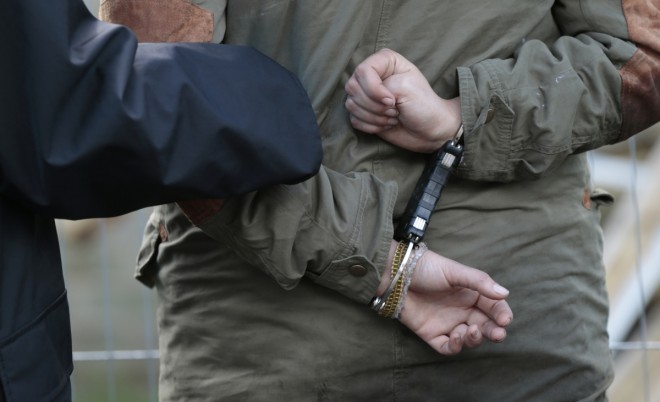
A Singapore dance teacher accused of sexually abusing a teenaged student leading to his post-traumatic stress disorder, was sentenced on Monday, June 10, to a jail term of one year after pleading guilty to one count of sexual exploitation under the Children and Young Persons Act (CYPA).
When the teenage student was sexually abused he could not reveal the incident to anybody and was too embarrassed to file a police complaint. After a year, the sexual assault incident traumatised him so much that he developed PTSD.
On Monday, during the hearing, the district judge Tan Jen Tse said that even though the 38-year-old accused showed remorse, a second CYPA charge was taken into consideration.
The unnamed accused used to be a Malay dance teacher at the victim's school, when the boy was in Primary 4. Later, the victim joined the dance classes on Saturdays. Court documents stated that by the time the victim turned 15, he started to look at the dance teacher as his elder brother and the man would invite the boy to his flat in northern Singapore to play video games.
In 2013, the accused asked the boy to go inside the bedroom and close the door. The victim, who did not have any idea about what was going to happen, sat next to the man, who asked the boy to hug him.
Later, the man started to touch the victim inappropriately, hugged him and also kissed him. The accused then told the boy to remove his clothes. The victim refused but the man threatened to stop going out with him.
Scared and confused victim did what the man asked and then the accused who was also naked performed several indecent acts.
The Deputy Public Prosecutor (DPP) Gregory Gan called these sexual acts a grave intrusion and said the exploitation was persistent and continuous.
It was also revealed that after the incident the victim stopped communication with the dance teacher and also quit the dance classes. But, when he went to psychiatric assessment at the Institute of Mental Health, he revealed the details of the incident and then a police report was made. The accused had reportedly showed regret and said, "I'm sorry for what I did."
As per DPP Gan, a strict sentence was required "to send an unequivocal message to like-minded people that the accused's reprehensible conduct will be severely dealt with."









